The 10 Best Vitamin E Rich Foods In India
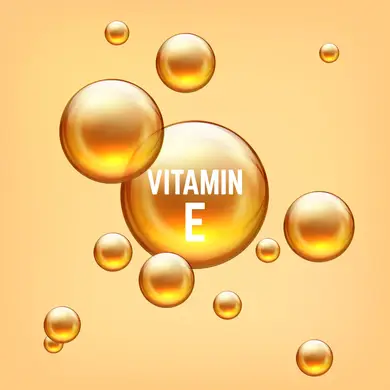
The 10 Best Vitamin E Rich Foods In India
Posted on 15th Apr, 2023
Vitamin E is a fat-soluble vitamin that acts as an antioxidant in the body. It exists in eight different forms, with alpha-tocopherol being the most common and biologically active form. In this article, we shall have a look at some of the best Vitamin E rich foods found in India:
Almonds
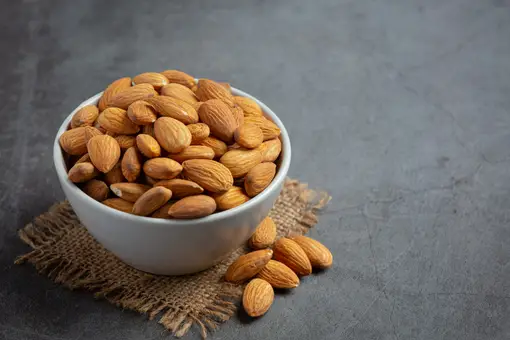
Almonds are a great source of Vitamin E, with one ounce (28 grams) providing 7.4 milligrams of Vitamin E.
Sunflower seeds
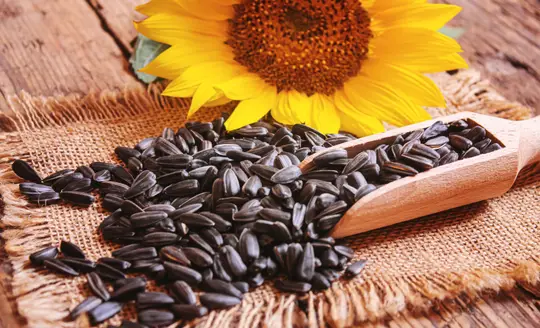
Sunflower seeds are another excellent source of Vitamin E, with one ounce (28 grams) providing 7.4 milligrams of Vitamin E.
Hazelnuts
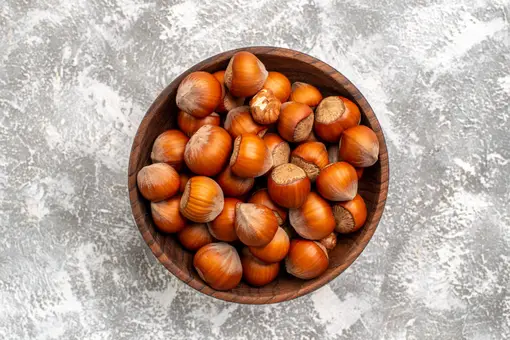
Hazelnuts are also rich in Vitamin E, with one ounce (28 grams) providing 4.3 milligrams of Vitamin E.
Peanuts

Peanuts are a good source of Vitamin E, with one ounce (28 grams) providing 2.2 milligrams of Vitamin E.
Spinach

Spinach is a leafy green vegetable that is a good source of Vitamin E, with one cup (30 grams) of cooked spinach providing 1.9 milligrams of Vitamin E.
Broccoli
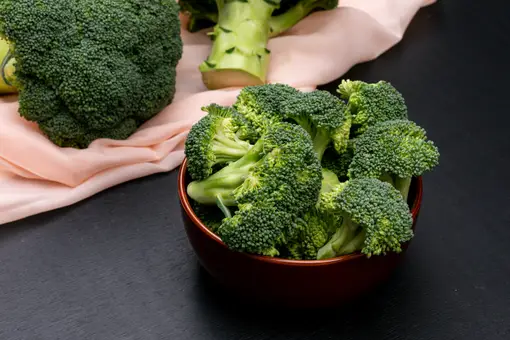
Broccoli is a cruciferous vegetable that is also a good source of Vitamin E, with one cup (91 grams) of cooked broccoli providing 1.2 milligrams of Vitamin E.
Mangoes

Mangoes are a delicious tropical fruit that is a good source of Vitamin E, with one cup (165 grams) of sliced mango providing 1.0 milligram of Vitamin E.
Papayas
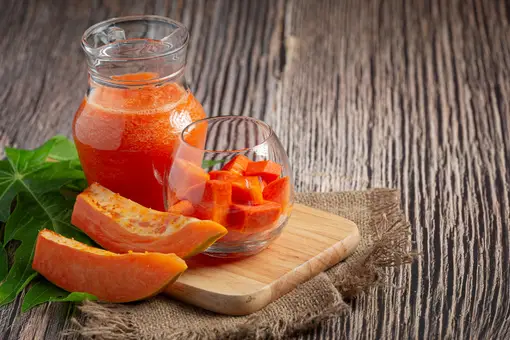
Papayas are another tropical fruit that is a good source of Vitamin E, with one medium-sized papaya (304 grams) providing 2.6 milligrams of Vitamin E.
Avocado
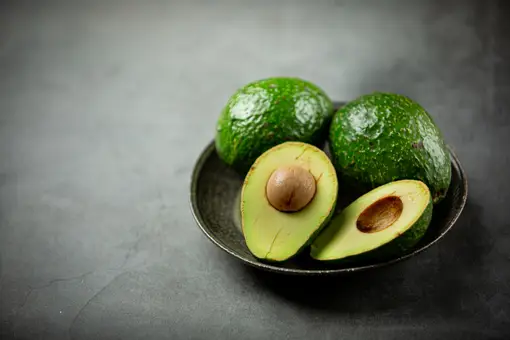
Avocado is a fruit that is high in healthy fats and also a good source of Vitamin E, with one medium-sized avocado (136 grams) providing 2.1 milligrams of Vitamin E.
Tomatoes

Tomatoes are a fruit that is commonly used in cooking and also a good source of Vitamin E, with one medium-sized tomato (123 grams) providing 0.7 milligrams of Vitamin E.
Dosage
- The recommended dietary allowance (RDA) for vitamin E is 15 milligrams (or 22.4 international units) per day for adults. However, the maximum recommended daily dose of vitamin E is 1,000 milligrams (or 1,500 international units) per day. It's always best to talk to your healthcare provider before starting any new vitamin supplement regimen to determine the appropriate dosage for your individual needs.
Benefits of Vitamin E
- Vitamin E acts as an antioxidant, helping to protect cells from damage caused by free radicals
- Supports immune function by enhancing the activity of white blood cells
- Plays a role in skin health by helping to prevent sun damage and promoting wound healing
- May help improve brain function and reduce the risk of age-related cognitive decline
- May help reduce the risk of certain chronic diseases, such as heart disease and cancer
Side Effects and Warnings
While vitamin E is generally safe for most people when taken in recommended doses, there are some side effects and warnings to be aware of:
- Bleeding: High doses of vitamin E can increase the risk of bleeding, particularly in people taking blood thinners or with bleeding disorders.
- Nausea and diarrhea: Taking high doses of vitamin E supplements can cause digestive upset, including nausea and diarrhea.
- Headaches: Some people may experience headaches or blurred vision when taking high doses of vitamin E.
- Interaction with other medications: Vitamin E supplements can interact with certain medications, including blood thinners, cholesterol-lowering drugs, and some chemotherapy drugs.
- Prostate cancer risk: Some studies have suggested that high doses of vitamin E may increase the risk of prostate cancer, particularly in smokers.
- Allergic reaction: In rare cases, people may experience an allergic reaction to vitamin E supplements, with symptoms ranging from hives to difficulty breathing.
It's important to talk to your healthcare provider before starting any new supplement regimen, as they can advise you on the appropriate dose for your individual needs and any potential risks or interactions with other medications you may be taking.
Conclusion
Vitamin E is an essential nutrient that plays a crucial role in maintaining good health. It is a powerful antioxidant that protects cells from damage caused by free radicals and helps to reduce inflammation. Vitamin E is found in many foods, including nuts, seeds, vegetable oils, and leafy green vegetables.

Health articles from our experts

Top 10 Vitamin B12 Supplements

Vitamin B12 से भरपूर 8 फल
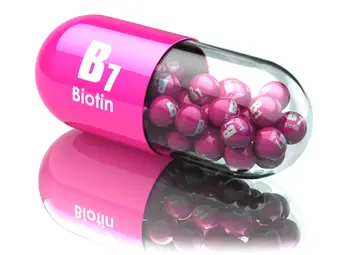
10 Best Biotin Supplements, According To a Dietitian

Is Biotin Good for Hair?
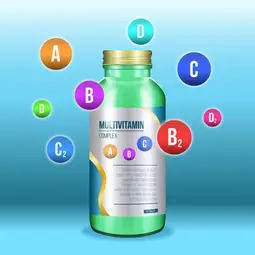
Multivitamins: The All-in-One Solution for Optimal Nutrition and Vibrant Living

Multivitamins for Hair, Skin, and Nail Health: Enhancing Your Natural Beauty
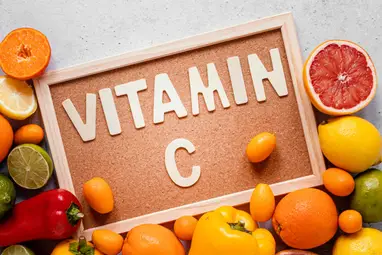
The Power of Vitamin C: Benefits for Immunity, Skin, and Overall Health
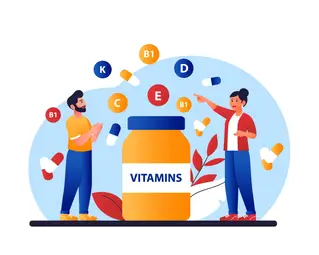
Vitamin ABCs: Understanding the Basics of Essential Vitamins
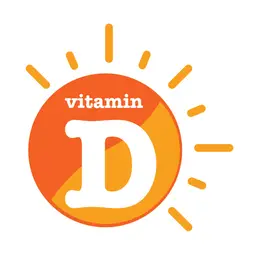
The Right Way To Get Vitamin D From Sun In India

